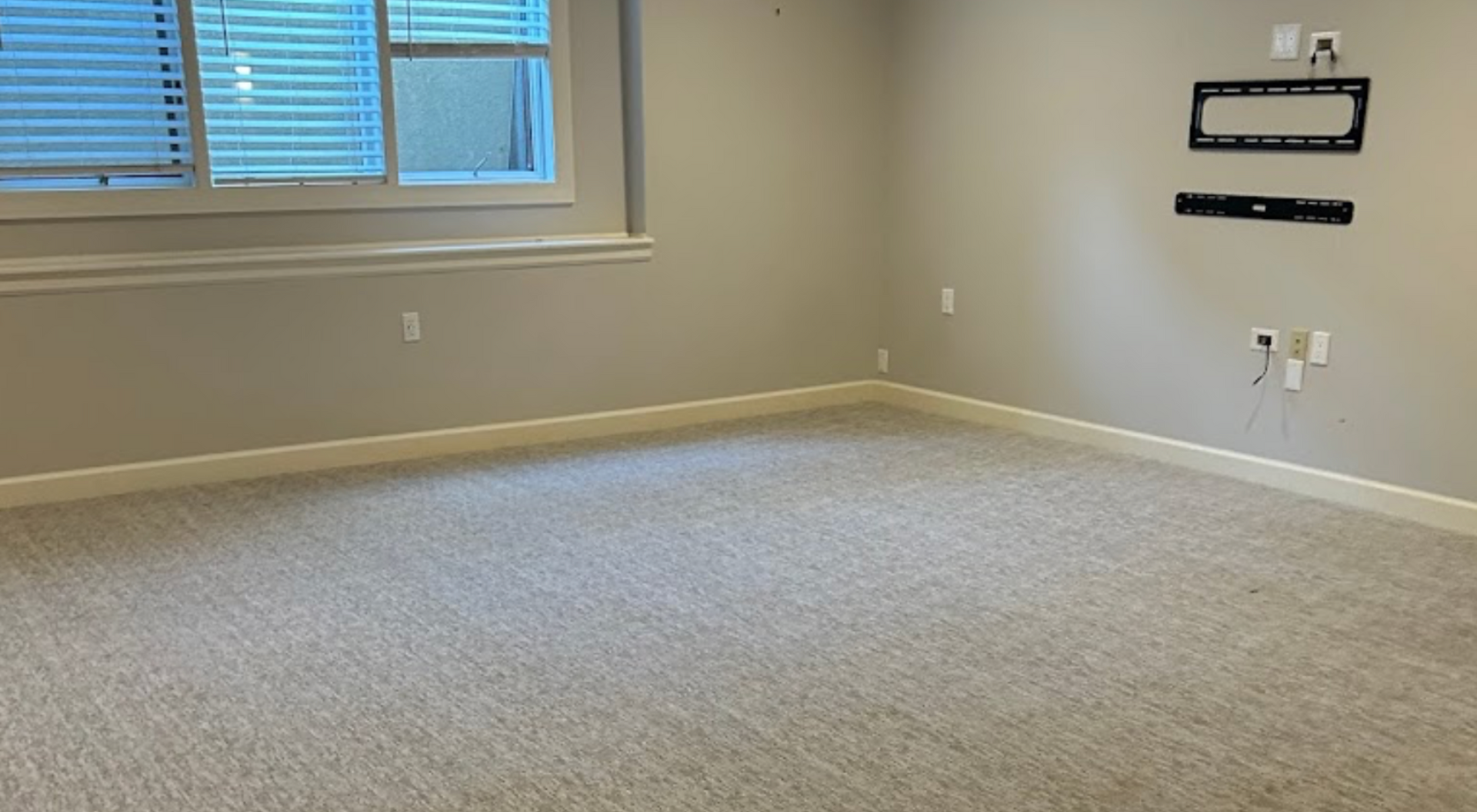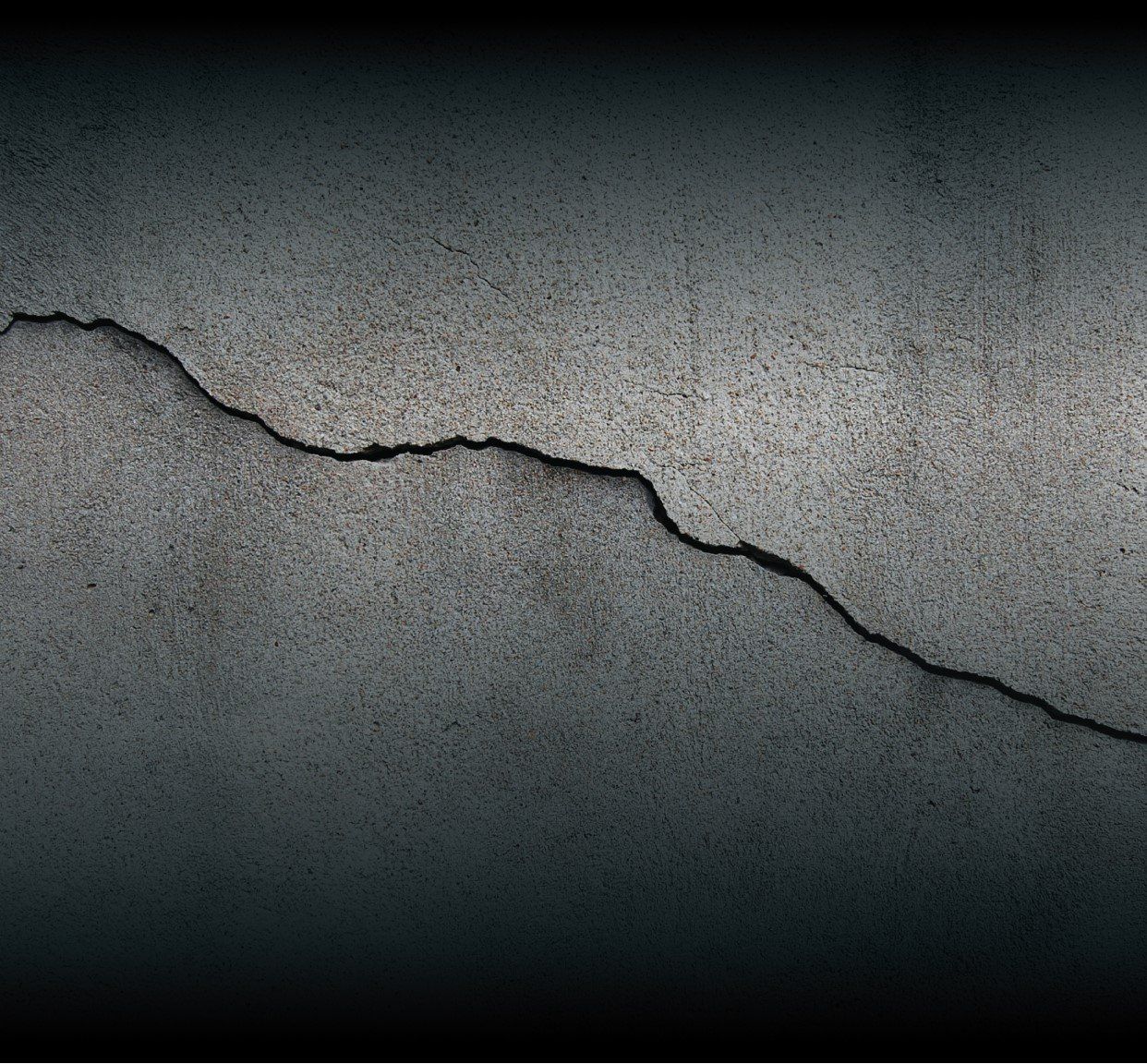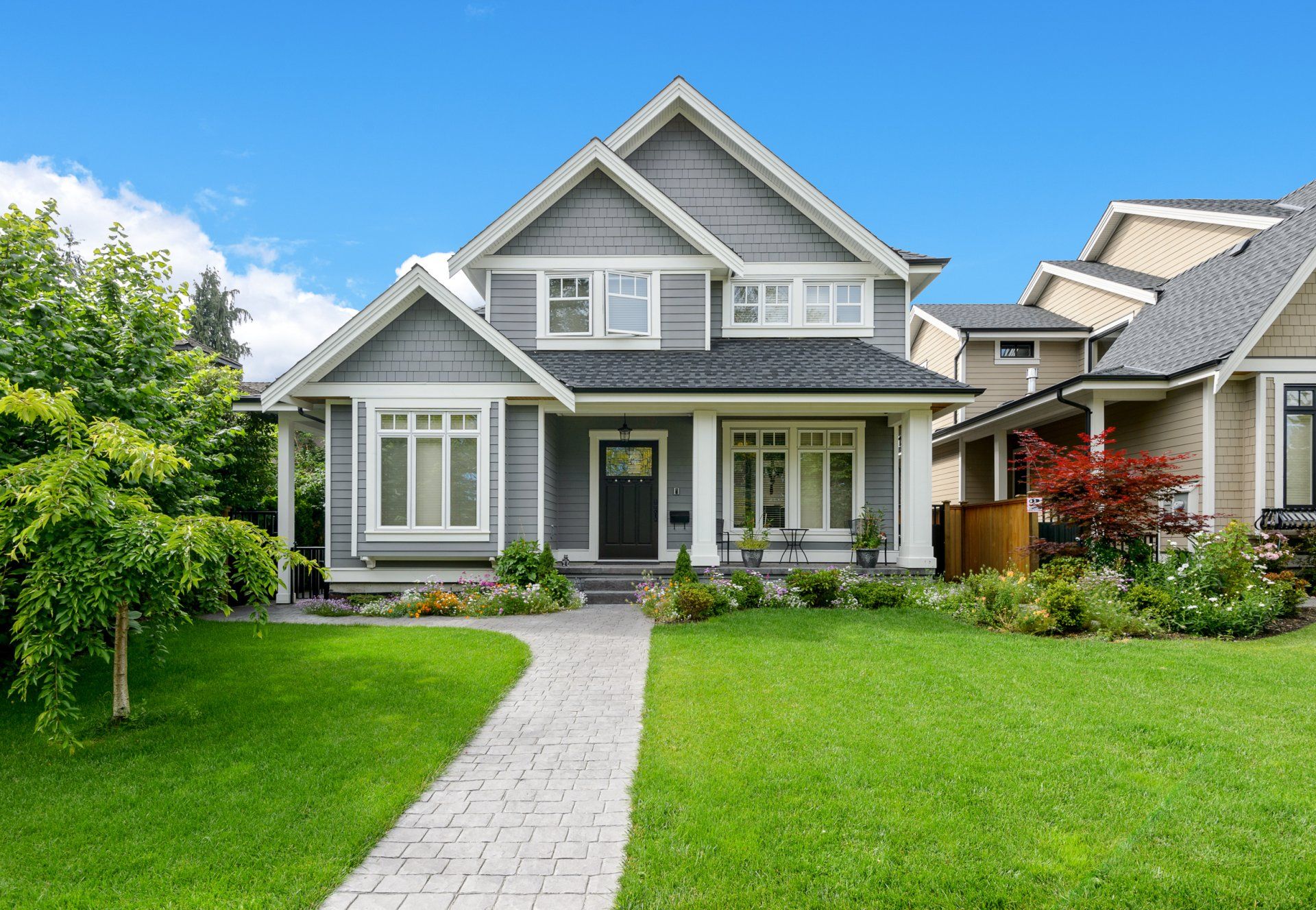Essential Basement Waterproofing Tips for a Healthy Home
Keep your basement dry with waterproofing tips

Most of the homes around the Kansas City area come with a basement and crawl space. These basements usually act as extra storage or even as living spaces. However, basements are notorious for moisture and leakages, along with other related problems like mold growth. Since all the problems regarding a humid basement are critical, you should waterproof the area without delay.
RELATED: Check out the benefits of an EZ Breathe Ventilation System
Waterproofing techniques aren't that complex; however, you need to be careful about choosing the methods depending on the root cause of moisture problems. That's why we've gathered all the basic information you must know about basement waterproofing in this article. Let's get going!
Why Is My Basement Humid?
There are many different reasons why your basement has a high level of humidity or is totally wet. Some of those reasons include:
● Soil grading towards the house tends to accumulate water along the slope to the basement area and seep into the house.
● If the drainage system of your house is inadequate or has damaged components, it will lead to water seepage into the basement area.
● Having cracks in the basement or foundation walls will cause high moisture levels, as hydrostatic pressure caused by the surrounding soil will lead to water seepage inside.
● When humid or warm air comes into contact with walls or pipes with cooler surfaces, condensation happens and increases moisture in the basement.
● If the gutters in your house aren't functioning properly or are clogged, it can cause water overflow and, thus, water seeps in the basement.
● Basement window well covers keep debris and water from entering the basement, but if the cover is missing, it makes the area more humid. If you've ever considered a basement window upgrade, an egress window can help with your humidity as well.
● If the buried drain pipes around the perimeter of your house are crushed, they seep water into the basement.
● When the sump pump is damaged or not working properly for any reason, it leads to high moisture levels in the basement.
Why Should I Waterproof My Basement?
There are several reasons, including mold, why you should waterproof your basement. The reasons include:
- Moisture damages and deteriorates building materials.
- To protect against basement flooding.
- As moisture increases utility bills.
- To protect the basement floors.
- Mold and mildew can create harmful toxins and make residents sick.
- To improve the indoor air quality.
- For increasing property value.
- To save extra costs in the near future.
- Protection against insects and rodents.
- To prevent walls from cracking and bowing.
Preparing the Basement for Waterproofing
For the best result, you need to hire professionals. But if you want to prepare the basement before the professionals come, it’ll be even better. You can prepare the basement for waterproofing by:
- Collecting protective gear like gloves, masks, etc.
- Gathering elements to help waterproof like aluminum foil, sealant, paintbrush, caulk, vacuum, etc.
- Remove the standing water using a vacuum, mop, or towel.
- Finding and marking the potential sources for the leaks, cracks, and seepages.
- Cleaning the basement area and near the leakage sources.
- Collecting documents or records for previous basement related problems.
Methods of Basement Waterproofing
You can waterproof your basement from both inside and outside. Doing interior waterproofing alone cannot guarantee a long-lasting moisture-free basement, since, if the exterior part of the basement is wet, it can grow mold there and eventually make the inside of the basement humid. So, it’s better to do both interior and exterior waterproofing for your house. The methods are:
Interior Methods
There are mainly three moisture-proof methods you can apply from the inside of the basement. If your area is a flood-prone one, you can follow all three techniques for the best results.
Dehumidifiers
Dehumidifiers help control basement humidity by removing excess moisture from the air. So, if your house and basement have moisture problems, you can try installing a dehumidifier.
Interior Coatings
Some ready-mix waterproofing products are available to apply to the concrete. These coatings are usually applied inside the basement and foundation walls to defend against damp and leaky walls.
Sump Pumps
For groundwater intrusion problems, sump pumps act as a savior. Install a sump pump if your house doesn't have any, but if you do have one, make sure it’s working properly. Ensure the pump has a check valve and maintain it on a regular basis.
Exterior Methods
There are several ways to waterproof the basement from the exterior side. Doing one or a selected few of them can guarantee a moisture-proof basement for years.
Damp-proof Sealing
Damp-proofing is one of the most common methods to make the basement waterproof by applying asphalt-based material to the outer foundation wall. The waterproof material, which is like liquid rubber, is brushed, sprayed, or rolled for several layers on the outside wall to make sure the sealing becomes impermeable with the proper thickness.
Barriers
You should install or fix coverings and barriers for all the openings in the basement. The barriers should act as dams and water-tight barriers so that they can be helpful when rain occurs or flooding happens.
Drainage System
If there's no drain to catch or receive downspout water, you should create a proper drainage system for it. Also, install or fix a French drain in your house. It will move water outside of your house and keep the basement dry.
Gutters and Downspouts
Adding or fixing the downspouts and gutters is one of the most efficient methods that is not even very costly. If you already have the gutters and downspouts installed, make sure there are no leaks, no clogs, no loose parts, and no improper slope.
Proper Sloping
If the soil in your yard is sloped towards the house, you need to grade the soil in such a way that the slope extends away from the foundation. The slope should be extended to more than 10 feet; otherwise, water can move back to the house.
Basement waterproofing methods and costs can change dramatically depending on how much change you want. Since it’s about a critical part of your house, you shouldn’t consider DIYs or temporary solutions to the problems. Hire a professional and solve the problems quickly and permanently, instead of prolonging the inevitable, which will cost more in the long run.
Contact Us
We will get back to you as soon as possible.
Please try again later.
Address
PierMagic Foundation Specialists
951 Locust Hill Circle
Belton, MO 64012
Serving: Grandview, Lee's Summit, Blue Springs, Leawood, Overland Park, Olathe, Raymore, Belton, Independence, Oak Grove, Liberty, Parkville, Butler, Columbia, Harrisonville, Peculiar, Pleasant Hill, and the greater Kansas City area
All Rights Reserved | PierMagic Foundation Specialists




